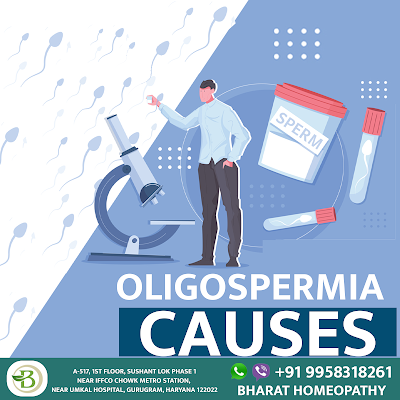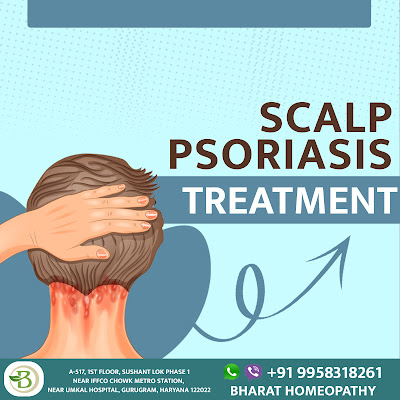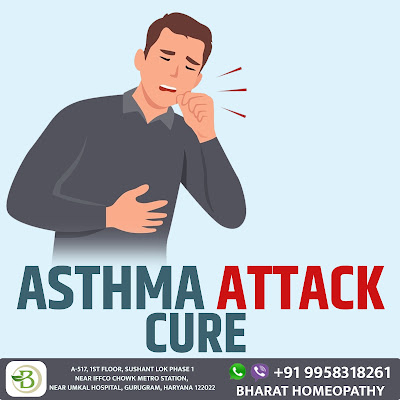Asthma is a respiratory illness that affects millions of people around the world. It is characterised by inflammation of the airways, which may cause wheezing and the feeling that you feel pressure in your chest or the sensation of shortness of breath. While the condition may be seen in anyone at any stage of life, the condition typically is present at the start of life. It can occur throughout the ages of adulthood.
Symptoms of Asthma in Adults:
The severity and frequency of symptoms that are linked to the disease may vary due to the fact that they vary from one individual to the next. The most frequent symptoms of asthma in adults are the following:
Wheezing. Whirling sounds that sound high-pitched when breathing. It's most evident during exhalation.
Coughing can be constant, especially at night and also in the early morning time.
Chest Tightness or tension in the chest.
Quick breathing, trouble breathing, and the sensation of breathing get less frequent after an exercise session of only a few minutes.
A rise in Mucus production. The airways could produce more mucus, which could lead to a more effective cough.
Causes of Asthma:-
Although the precise causes of asthma are not fully understood yet, the theory is that genetic and environmental triggers are responsible for the development of asthma. The list of possible causes and triggers of the condition is a complete listing of triggers that are common causes of asthma.
Allergens: If you are a victim of allergies, playing using pollen or allergens, including pet dander as well as food sensitivities, can cause asthma attack symptoms.
Respiratory infections: The likelihood of suffering from this condition can increase from the earliest stages of the child's life, especially in cases where there are respiratory conditions caused by viruses.
The impact of air pollution, with air pollution, for example, particles and smoke, can trigger asthma symptoms to get more severe.
Irritants: Certain chemicals, such as strong scents, fragrances, cleaning chemicals and the odours from paints as well as other chemicals, could trigger the attack.
Cold Air. Inhalation of cold air may cause obstruction of the airway and could cause related symptoms in certain people.
Cardiac Asthma
Cardiac Asthma is a condition with similar symptoms to the disease, however, it is caused by issues with the heart, not respiratory issues. The reason for this is its recognition of the fact that it's the situation that there is an increase in the amount of liquid in the lung as a result of heart failure. This causes breathing issues, wheezing coughing, and snoring. It is essential to distinguish asthma, which is legitimate, and heart-related, as the treatment options differ in a significant way.
Asthma Attack Treatment
If you're suffering from the symptoms associated with asthma, prompt, appropriate and efficient treatment is essential to reduce symptoms and avoid complications. Asthma treatment can include the following options:-
Inhaled corticosteroids. Anti-inflammatory drugs can lessen the amount of inflammation of the airways. They may help stop flare-ups if used regularly in conjunction with long-term treatment.
Oxygen Therapy. If it is determined that the amount of oxygen in the blood is less in the course of an attack, it is possible to administer more oxygen.
Treatment of Asthma in Adults
The treatment that works over a long period of time for adults typically includes:-
Trigger Management and Allergen Management. The ability to detect and be aware of triggers that could cause symptoms, such as, for instance, allergens or irritating substances.
Action Plan. Asthma doctors can create an action plan for each patient that will aid sufferers in controlling their asthma with homeopathic medicines and also determine the most appropriate time to seek medical attention.
Allergy and asthma specialists. To effectively treat the issue, patients should seek the aid of allergy and asthma specialists. They are specialists regarding the treatment and diagnosis of symptoms associated with asthma, which are allergies to respiratory or other ailments. They are able to test for allergies to find the causes of asthma symptoms and develop the best asthma treatment plan that will be specific to the cause.
The health of a person could be greatly dependent on a respiratory issue often referred to as asthma. To treat the issue and prevent it from recurring at some point in the near future, it's important for individuals to be aware of symptoms that aren't readily visible to the general public. Many are unable to grasp the factors that they can do in order to prevent the illness completely. A homeopathic treatment for asthma as well as lifestyle changes, may aid in the reduction of symptoms and decrease the number of instances of asthma attacks that happen every year to improve the overall health of your lungs.
The homeopathic treatment for asthma plays a crucial part in ensuring that those suffering from asthma receive the most effective asthma treatment suited to their specific requirements. It will guarantee the best quality of life and happiness through the many challenges this chronic illness may bring.








